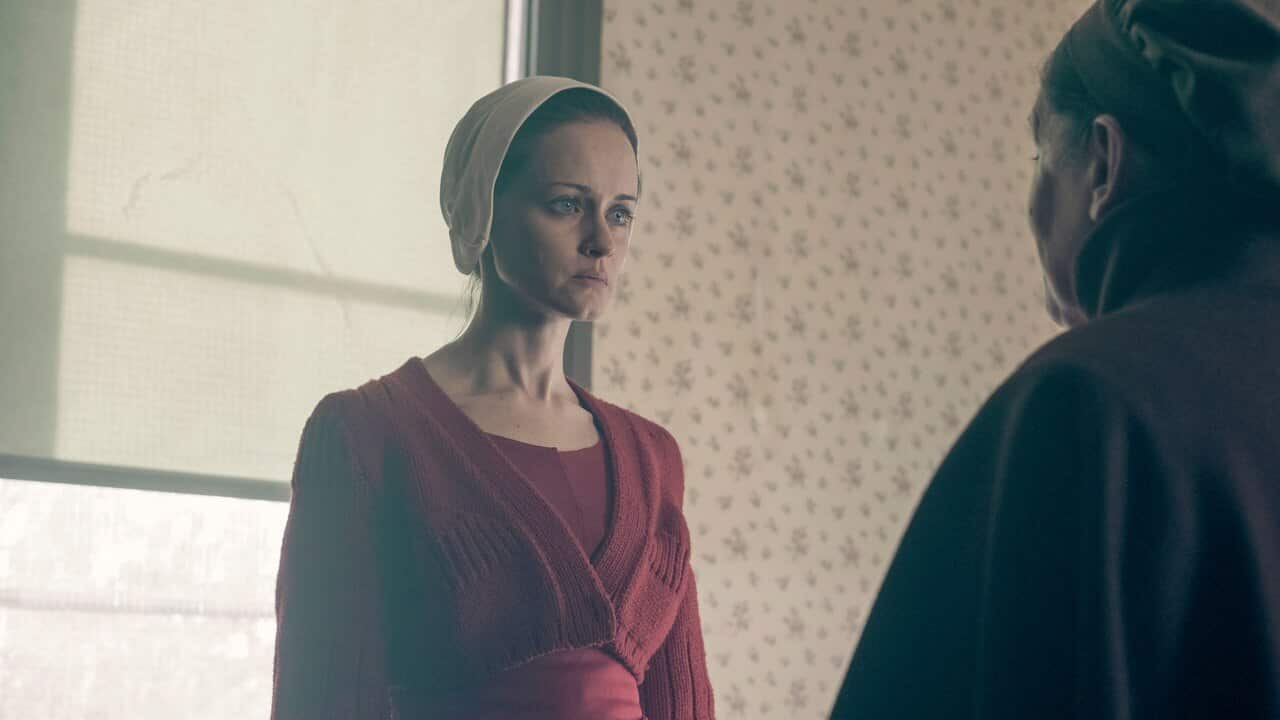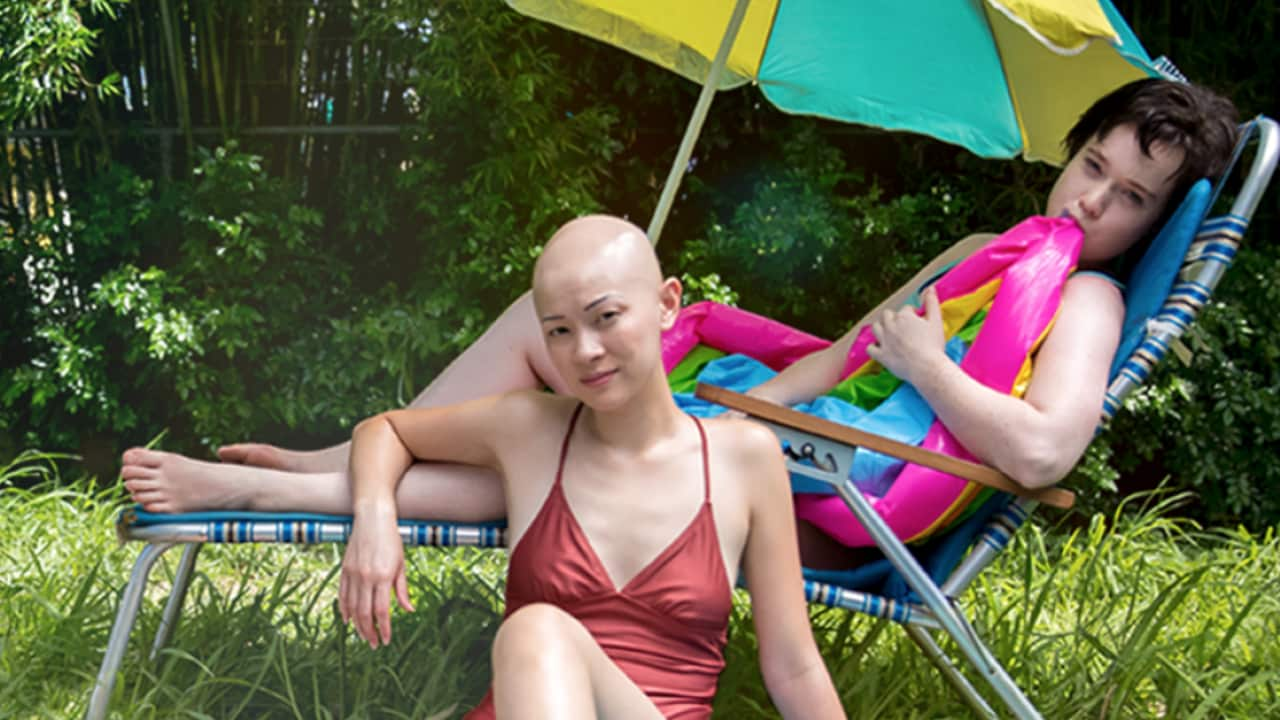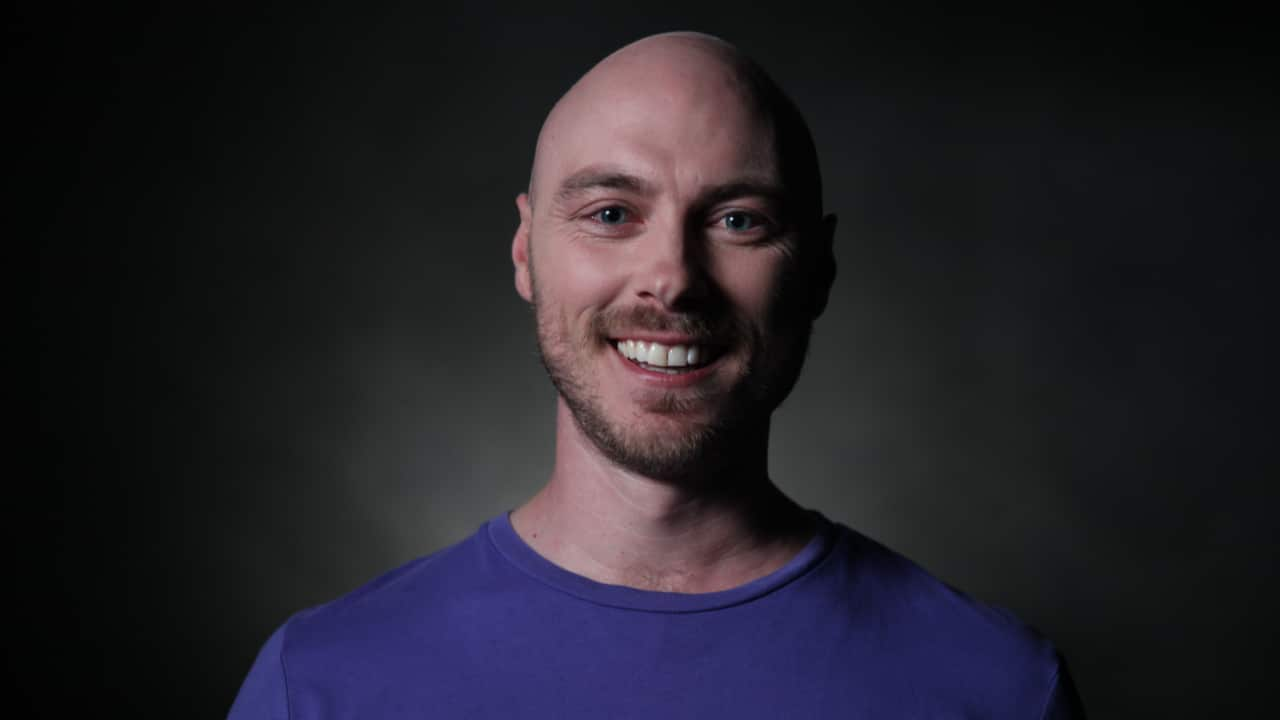I am a gender traitor, and I am proud to be one.
I read The Handmaid’s Tale when I was in my tween years. I remember being deeply affected by it for several reasons; it made me consider things about misogyny and modern oppression of women that no one had ever really told me about. It also made me think for the first time about fertility; the power of my body as a cisgender woman, and the idea that it could be taken from me, commodified, owned and sold if the wrong future became a reality. When you’re young, you never consider the idea that the world could go backwards, rather than progress and get better for everyone.
I credit the book as being one of the first things that spurred me toward learning about history’s treatment of women. I found myself fascinated by feminist theory - I’m sure I’m not the first woman to say this - and years later, I’ve grown into a woman who identifies as a staunch intersectional feminist.
However, the book did not particularly affect me regarding queer issues and LGBTQI+ rights, despite the fact that I read it so close in time to realising I was attracted to women.
That’s probably because there was only a handful of mentions of queerness in the book - most of them were corpses, hanging from the Bridge with symbols on the bags over their faces indicating that their crime was being a ‘gender traitor’. The other queer representation is June’s best friend Moira, who we learn is a lesbian halfway through the book.
So, when I watched the first season of The Handmaid’s Tale last year, it was of course bleak subject matter and I felt those same pangs of devastation I felt as a tween reading the 1985 novel - but I was pleasantly surprised by the dramatic growth in LGBTQI+ representation. It seemed to make sense to me, that in a modern retelling of Atwood’s iconic book, the queer lens would refocus from the initial written narrative and include the western world’s progression on LGBTQI issues.
But the increased focus of queer storylines also shook me - I wasn’t prepared for how close to home it would hit, somewhat naively perhaps. I found it devastating watching gay women being forced to choose between sex work servicing the militant religious male leaders, or certain death in the colonies; watching queer women be raped by the men who had legalised their rape; watching a gay woman have her clitoris removed in an act of forced female genital mutilation (FGM).
However, despite the initial confrontation of seeing these misogynist, hateful acts, The Handmaid’s Tale also assisted me in considering my responsibilities as a privileged queer person in a heavily anti-LGBTQI world. History repeated itself, and as the novel compelled me to ask questions and learn about societal oppressions and privileges, the series caused me to look deeper into queerness on a global scale, rather than remaining in my bubble.
After watching queer women be purged, assaulted, and castrated, it forced me to think about this being a very real situation today. Gilead isn’t a fictional dystopia for many minority groups around the world. Gilead exists in the gay purges of Chechnya, the punishments placed on gay men in Aceh, Indonesia, and many other places. Gilead is ever-present, and regularly ignored, by people just like myself.
Although I knew that all these events were occurring, my privilege enabled me to feasibly ignore them, using a oft-recited excuse that such atrocities would be ‘too depressing’ to learn more about.
But, The Handmaid’s Tale forced me to think about these realities; and furthermore, it once again made me go and research things that distressed and scared me. It caused me to take action, and research a charity that is helping people in affected areas and donate what I could to them. It made me want to learn, and help in some way.
Now, as The Handmaid’s Tale has moved beyond its source material - the narrative of the first season ended at the same point that the novel finished. So I’ll be watching intently to learn more about the plight of the queer characters in a dystopia that feels far closer to home than I ever imagined it could when I clicked play on the first episode of The Handmaid’s Tale.
It’s our responsibility to watch - no matter how distressing it may be - and take it upon ourselves to investigate and learn, so we can better help all our fellow gender traitors in the real world. If they didn’t want us to be an army, they shouldn’t have given us fabulous uniforms.
SBS will air the double-episode season premiere of The Handmaid’s Tale at 8.30pm Thursday 6 June, with episodes 1-3 available on . New episodes will then air weekly on SBS, moving to the 9:30pm time slot from Thursday 20th June. All episodes will be available to stream weekly on SBS On Demand.







